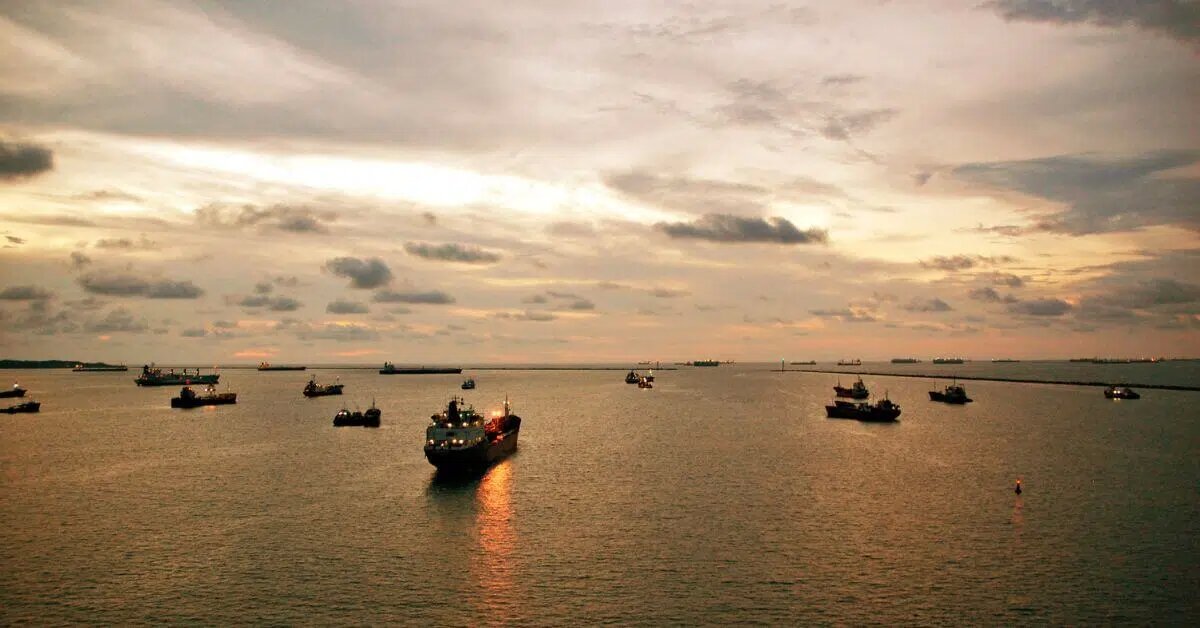After decades of expectations and fruitless efforts, Greece has acquired a modern Code of Private Maritime Law (Law /2023), which comes to cover the institutional gaps, failures and inconsistencies of the previous legislative framework. With an orientation towards modernization, international harmonization and legal certainty, the new CPMI emerges as a significant legal tool, enhancing the competitiveness of Greek shipping.
In the following interview, Professor of Commercial Law at the Law School of Athens Lia Athanasiou and lawyers Michalis Antapasis, LLM, and Manolis Konstantinidis, DN, members of the Law Drafting Committee and authors of the second updated edition of Maritime Law, analyze the key changes, legislative choices and new fields opening up for the law of the sea. From harmonization with international conventions and strengthening the institutional framework for ship management to the impacts of artificial intelligence on navigation, the discussion illuminates the present and future of maritime law in Greece and internationally.
1. Which legislative gaps or even oversights or failures of the legislator of the past does the new CPMI come to cover?
Lia I. Athanasiou: The new CPMI (Law /2023), a product of a collective and highly intensive law drafting effort, marked the modernization of Greek maritime legislation, remedying the failures and gaps of its predecessor (Law /1958). The truth is that the old CPMI suffered from obvious weaknesses from the outset: on the one hand, it was not coordinated with international law, maritime practice (primarily Anglo-Saxon) and the needs of maritime commerce, on the other hand, several of its provisions were confusing or deficient.
In the decades following its adoption, it gradually exhibited strong signs of aging and divergence from the subject matter to be regulated, resulting in more than half of its provisions being tacitly abolished or falling into disuse. The aging was mainly due to the ratification by our country of a significant number of international maritime conventions. It was also accelerated by the technological and, by extension, organizational developments in the maritime sector, which drastically affected the construction, operation and exploitation of the ship. A characteristic example is the expanded use of containers and the consequent development of combined transport.
The lack of necessary flexibility in the existing rules to cover new forms of maritime activity under their regulatory mantle made the need for legislative reform apparent.
2. The harmonization of Greek maritime law with the international conventions ratified by our country was a key requirement in the overall approach. To what extent do you believe you have fulfilled this requirement of both the executive and judicial branches, as well as the business market itself?
Manolis Konstantinidis: One of the primary aims of the new CPMI, as you correctly say, was the full harmonization of Greek Law with the rules (or the interpretation thereof) of internationally uniform law, whenever this had not been done (e.g., in relation to the interpretation of Article 4 of the International Convention on Limitation /1996) or had been done in a relatively unconventional manner (such as with the Hague-Visby Rules, which our country ratified in 1992).
At the same time, the systematization of this harmonization was pursued, so that all relevant provisions are, in principle, located in a single legislative text, as required by the creation of a modern legal framework, through the drafting of a modern Code, in this case concerning private maritime law.
Furthermore, the necessary provisions were adopted, that is, the fertile ground was created, for the incorporation of important international conventions, which have not yet entered into force internationally (as was done, for example, with the HNS international convention, the ratification of which our country should not delay). Finally, in cases where it was deemed necessary, a unified procedure was established for the procedural invocation and exercise of specific substantive rights, which are provided for by international conventions, as was done, for example, with the right to limit the liability of the shipowner and the persons assimilated to him.
Excerpt from the interview with members of the Law Drafting Committee Lia Athanasiou, Michalis Antapasis and Manolis Konstantinidis, which was published in the June issue of Naftika Chronika (Maritime Chronicles). To acquire the issue you can click here.





